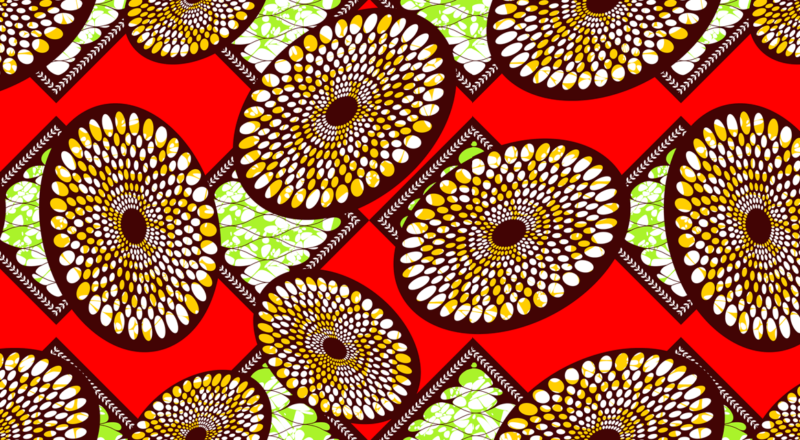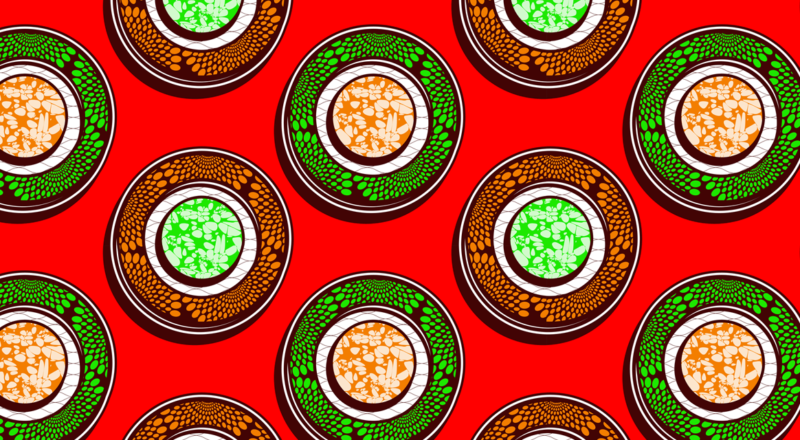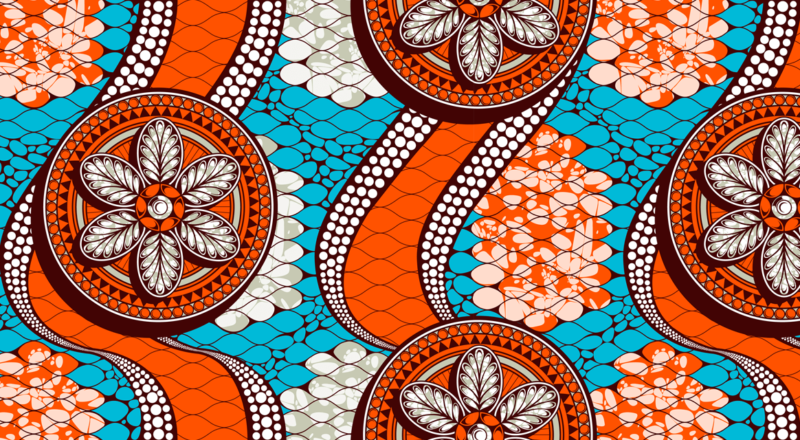Another in our series of Chopi Migodo, from Mozambique, collected by the great ethnomusicologist Hugh Tracey. Gomukomu’s Ng’godo for 1940 is a celebration of the beauty and power of Chopi music, set against the sheer pettiness of Portuguese rule with its forced labour, its taxes and its tiresome officials.
Ng’godo: Katini 1940
The Migodo (singular Ng´godo)of the Chopi people of southern Mozambique are among the most exciting spectacles to be witnessed in Africa. They are annually staged entertainments made up of dances, songs and music played on orchestras of massed xylophones played by up to 48 musicians.
Song of the Machila-Bearers
A Lomwe song, from the early days of the Lugella Company, which in 1915 opened a Sisal plantation in north-central Mozambique. The word ‘machila’ means cloth, and became by extension the word for the hammock in which Europeans used to be carried.
You weep, you sleep stiffly, when you are old!
O — o,
You weep, you sleep stiffly, when you are old!
O — o,
Lomwe-Chuabo Protest Songs
The following songs were transcribed in the 1970’s and express the bitter hatred that many Mozambican Africans had towards the chiefs and headmen that had been appointed by the Portuguese during the colonial era.
The headman — ay ‑ay — ay
The headman harassed and seized one of my sons for Luabo…
Nyagumbe Refuses
A Chopi song from southern Mozambique. It may be sung at weddings but has also a more general popularity. The argument of the song is that the bride must learn to acknowledge her love for Nyagumbe.
BRIDE: Nyagumbe!
Nyagumbe!
Why do you refuse?
Hark How the Music Thunders
A Chopi song from southern Mozambique. This song is taken from one of the Chopi Migodo (sing. Ng’godo). These are long entertainments, each lasting for some forty-five minutes, played on orchestras of massed timbila, or xylophones.
Hark how the music thunders!
Listen with your wives and hear the call.






